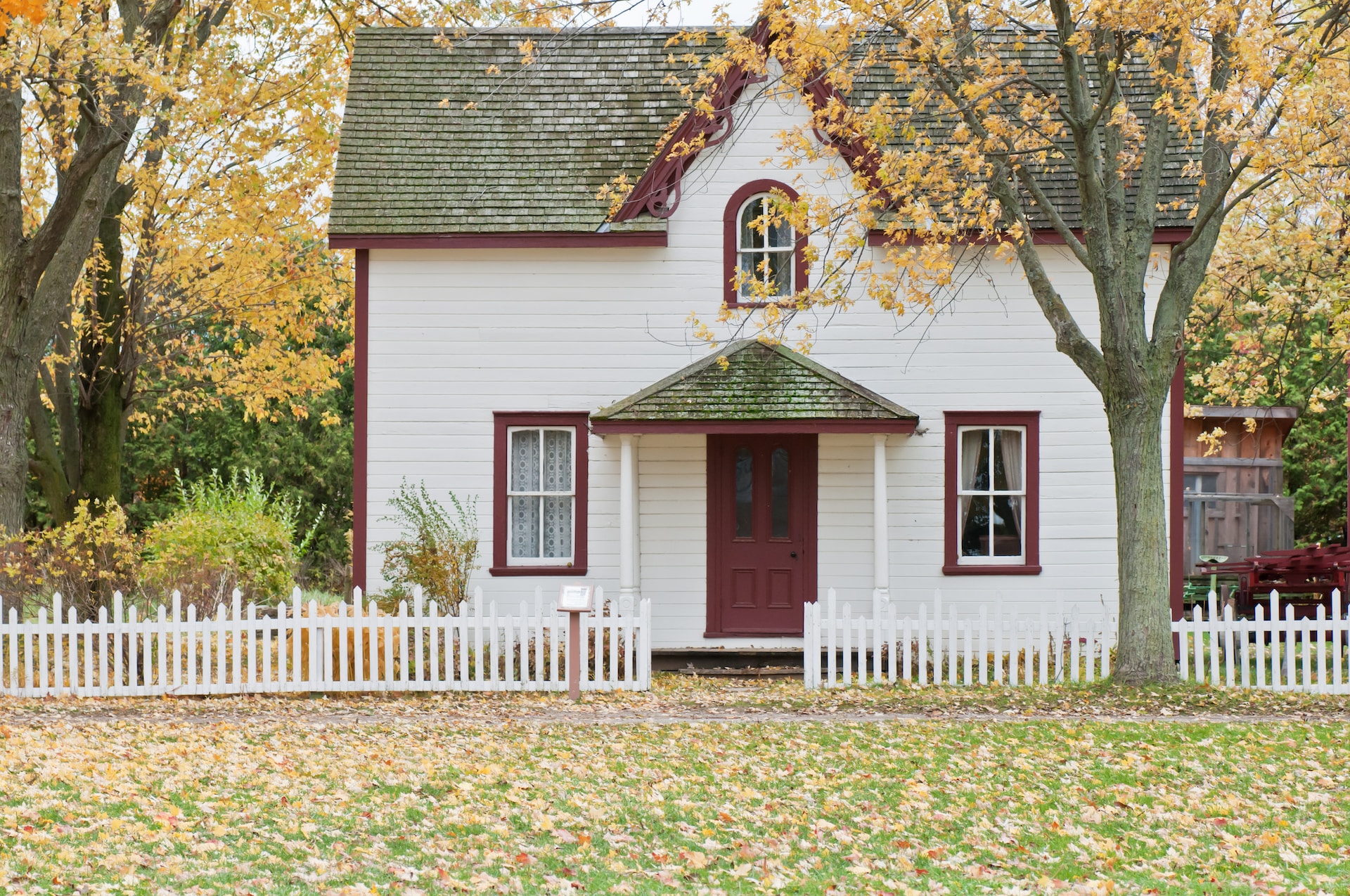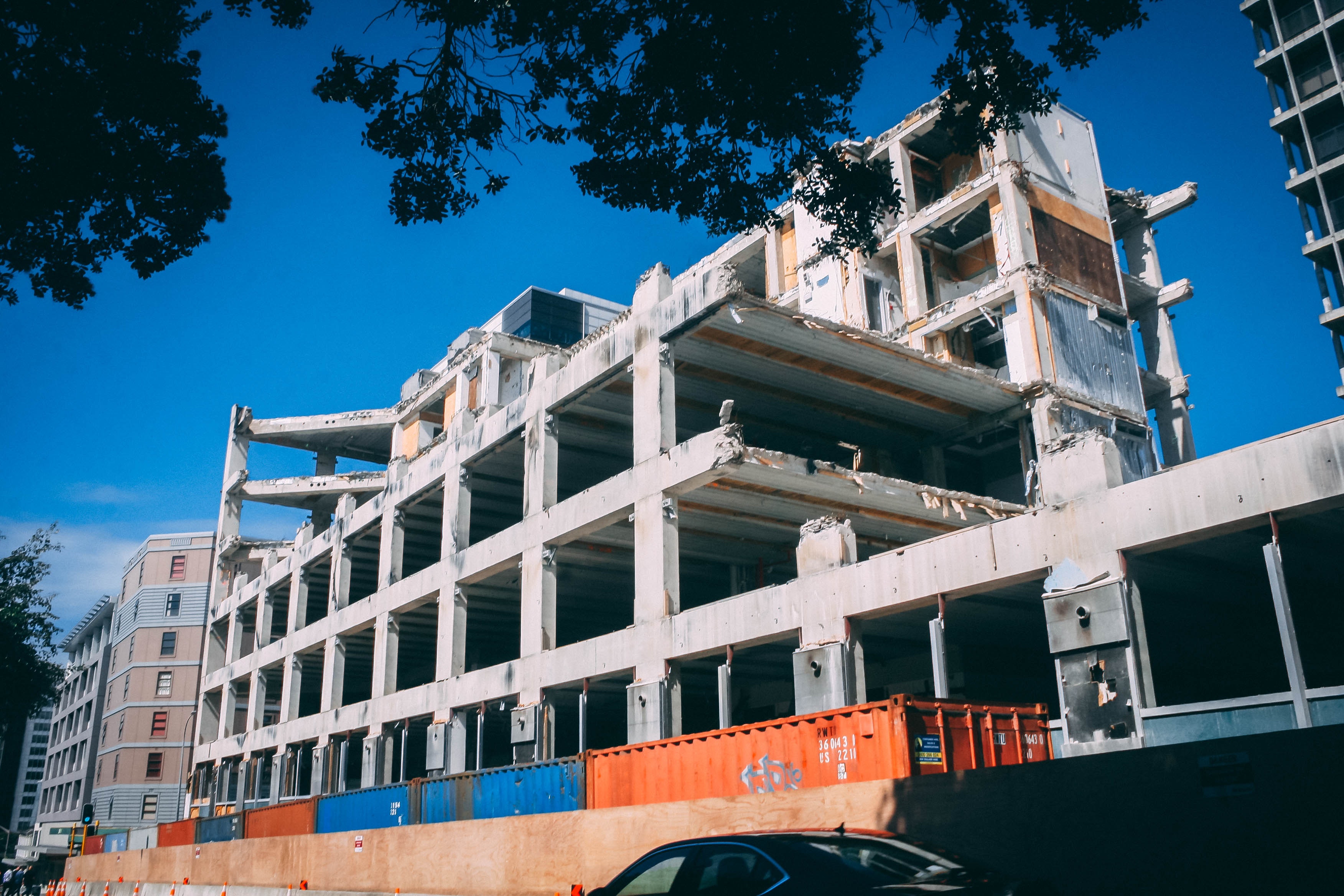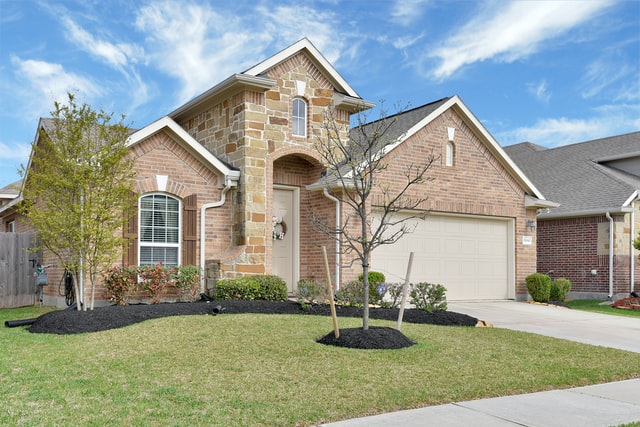Buying a home can be a long and complicated process that requires a lot of paperwork, time, and energy. Remember that as a homeowner, you are responsible for protecting your investment, and one way to ensure security is to get home insurance before closing. But, do you need home insurance before closing? The answer is, more than likely, yes. Most lenders may require that you have home insurance to protect their investment. This article will guide you through why home insurance is necessary, the steps to obtain it, and what you need to know to ensure a smooth closing process.
Why Homeowners Insurance is Necessary Before Closing
Protecting the Lender’s Investment
Most mortgage lenders require homeowners insurance before closing to protect their financial investment. In the event of damage to the home due to fire, theft, or natural disasters, the insurance ensures the loan can still be paid off. Without this protection, lenders would be at a significant risk.
Legal Requirements
While not mandated by law, securing homeowners insurance is typically a condition of the mortgage agreement. Lenders usually require proof of insurance coverage to finalize the loan and proceed with closing.
Buying home insurance before closing is not only potentially necessary but also a smart financial decision. It provides you with financial protection in case of any unexpected events. Be sure to purchase your policy, choose an effective date before closing, and shop around to find the best coverage at the best price.
When to Purchase Homeowners Insurance
Timing is Crucial
It’s advisable to start shopping for homeowners insurance as soon as you have an offer accepted on the home. This allows ample time to compare quotes, evaluate coverage options, and ensure your policy meets the lender’s requirements. Generally, lenders require proof of insurance a few days to two weeks before closing.
Effective Date of Homeowners Insurance
The homeowners insurance policy should be effective from the date of closing. This ensures there is no gap in coverage, and the property is protected from the moment you become the official owner.
Steps to Obtain Home Insurance
1. Start Early
Begin your search for insurance about a month before your closing date. This gives you time to gather quotes from multiple insurers, understand the coverage options, and secure the best deal.
2. Determine Coverage Needs
Your insurance should cover the replacement cost of the home, not just the market value. This includes the cost to rebuild the home from the ground up if necessary. Ensure your policy includes coverage for perils such as fire, wind, and theft, and consider additional coverage for floods or earthquakes if necessary.
3. Compare Quotes
Shop around for quotes from different insurers. Consider bundling your home and auto insurance for potential discounts. Evaluate each quote based on coverage options, premiums, and deductibles to find the best fit for your needs.
4. Provide Proof of Insurance
Once you have chosen an insurance policy, your insurer will provide a home insurance binder or policy declarations page. This document is proof of coverage and must be submitted to your lender before closing.
Understanding Your Policy
Coverage Details
Ensure your policy covers all aspects of your home, including:
- Dwelling Coverage: Protects the structure of your home.
- Personal Property Coverage: Covers your belongings.
- Liability Coverage: Protects you from legal claims if someone is injured on your property.
- Additional Living Expenses: Covers living costs if your home becomes uninhabitable due to a covered event.
Exclusions and Deductibles
Be aware of what is not covered by your policy, such as floods or earthquakes, and consider additional coverage if necessary. Understand your deductible amounts and how they apply to different types of claims.
Common FAQs
1. What if I don’t have home insurance before closing?
If you fail to secure homeowners insurance before closing, your lender may delay the closing, which could result in additional costs and complications.
2. Can I change my homeowners insurance after closing?
Yes, you can switch your homeowners insurance policy after closing. However, ensure no lapse in coverage during the transition to protect both your investment and your lender’s interests.
3. What additional coverages should I consider?
Depending on your location, you may need additional coverage for floods, earthquakes, or other specific risks. Discuss these options with your insurance agent to ensure comprehensive protection.
4. How is the insurance premium determined?
Your premium is calculated based on various factors, including the home’s location, age, construction type, and your chosen coverage limits and deductibles. Your credit score and claims history may also influence the premium.
Securing home insurance before closing is a critical step in the home-buying process. It protects both you and your lender, ensuring financial security in case of unexpected property damage. By starting early, comparing quotes, and understanding your coverage needs, you can find the right policy to safeguard your new home.




